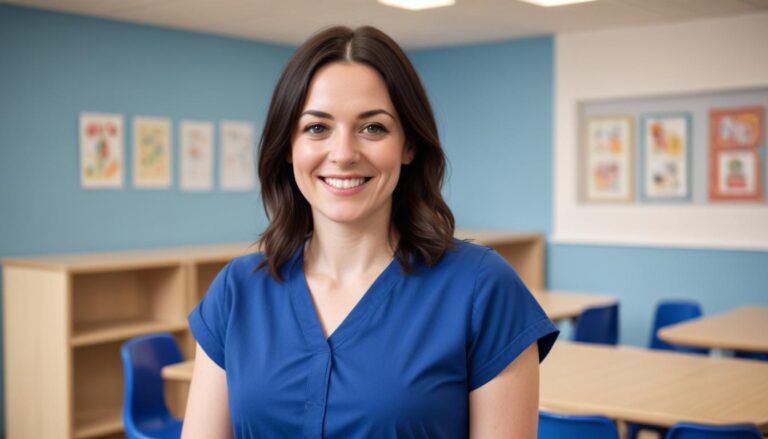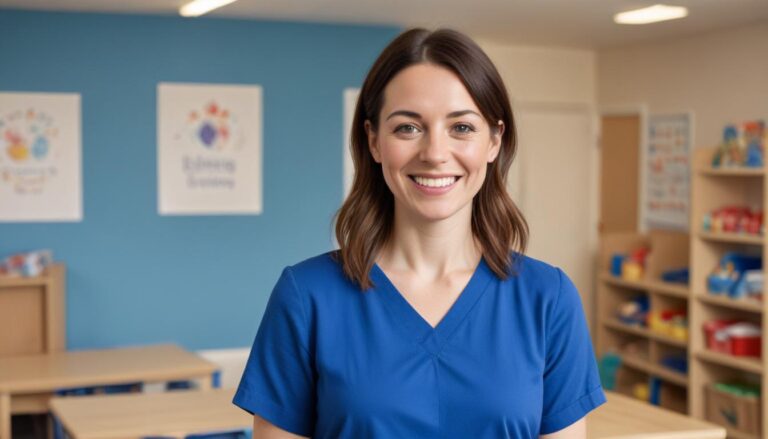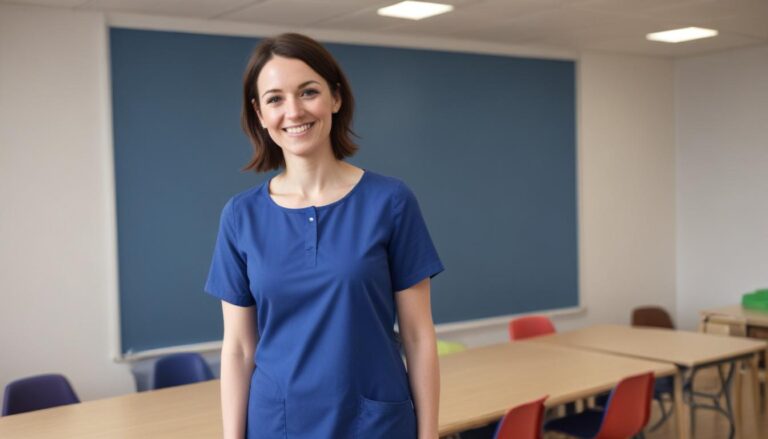
This guide will help you answer 3.1. Identify a range of services and professionals involved in supporting children and young people’s mental health.
Improving the mental health of children and young people requires effective collaboration between various services and professionals. These entities work together to deliver the support necessary for dealing with mental health issues. Support involves recognising, treating, and managing mental health conditions in children and young people.
Child and Adolescent Mental Health Services (CAMHS)
CAMHS represent a specialised NHS service dedicated to young people’s mental health. They offer assessment, diagnosis, and treatment for a variety of conditions such as depression, anxiety, and eating disorders. Access to CAMHS typically begins with a referral from a GP, teacher, or social worker. In CAMHS, a range of professionals including psychologists, psychiatrists, family therapists, and social workers provide tailored support.
Key roles within CAMHS:
- Psychologists: These experts conduct assessments and offer therapy sessions using techniques like cognitive behavioural therapy (CBT).
- Psychiatrists: As medical doctors, they can diagnose conditions and prescribe medication.
- Family Therapists: They work with families to address relational dynamics affecting mental health.
- Social Workers: Their focus is on the child’s environment, offering support with housing, poverty, and ensuring children’s safety.
Educational Psychologists
Educational psychologists work within schools to address any emotional, social, or mental health challenges affecting learning. They assess individual children, develop strategies for support, and offer advice to teachers on how to support pupils’ mental health within the school environment. Educational psychologists also provide training and workshops to staff, promoting awareness and understanding of mental health issues.
School Counsellors and Pastoral Support
Many schools employ counsellors or have a pastoral care team who provide a crucial first point of contact for students facing mental health difficulties. They offer a safe space for children to express their thoughts and feelings. Through individual or group sessions, they help manage stress, anxiety, and other emotional issues. Their early intervention can prevent the escalation of mental health problems.
General Practitioners (GPs)
GPs are often the first professionals to identify mental health issues in young people. They provide initial assessments, offer brief interventions, and can refer families to more specialised services like CAMHS or private practice specialists. GPs play a vital role, offering continuing support and monitoring during treatment.
Social Services
Social services work with families to protect and promote the welfare of children. They often deal with cases where mental health issues are linked to or exacerbated by difficult home environments. Social workers assess a child’s needs, develop support plans, and connect families with resources such as therapy and financial assistance. They also work closely with other services to ensure a comprehensive approach to care.
Voluntary and Charitable Organisations
Numerous charities provide mental health support, resources, and advocacy. Organisations like YoungMinds, Place2Be, and Barnardo’s offer a variety of services, from helplines to in-person counselling. These organisations often fill gaps left by other services, providing accessible support to young people and their families.
Examples include:
- YoungMinds: Offers a parent helpline, online resources, and campaigns for mental health awareness.
- Place2Be: Provides mental health support in schools, running sessions and training educators.
- Barnado’s: Offers a range of family support services, creating safe and stable environments for children.
Youth Workers
Youth workers engage with young people in community settings. Building trusted relationships allows them to detect early signs of mental health problems. They offer supportive conversations, run programmes focused on mental well-being, and can refer young people to other professionals as needed. Their informal approach can be less intimidating for young people seeking help.
Health Visitors
Health visitors are public health nurses who work with families to help improve their health and well-being. They conduct home visits, particularly with families of young children, offering advice on parenting, nutrition, and mental health. Through their regular contact, they can observe early signs of mental health difficulties and provide timely referrals to appropriate services.
Paediatricians
Paediatricians provide specialised medical care for children and adolescents, often addressing physical issues that overlap with mental health. They collaborate with mental health professionals to provide comprehensive care plans. Their insight into developmental and behavioural health can be critical in understanding the broader context of a child’s mental health.
Speech and Language Therapists
Speech and language therapists assist children whose communication difficulties affect their mental health. By improving communication skills, they can alleviate frustrations and reduce associated behavioural and emotional issues. These therapists work in various settings, including schools and healthcare facilities, often liaising with teachers and parents.
Occupational Therapists
Occupational therapists support young people struggling to perform daily activities due to mental health issues. They help develop skills for independence, whether in school, at home, or in the community. By creating adaptive strategies, they enable children to manage stress and anxiety, improving overall life satisfaction.
Parenting Programmes
Parenting programmes offer guidance and support to parents facing challenges in managing their child’s mental health. Through group sessions or one-to-one counselling, parents learn strategies to support their child’s emotional and behavioural development. Many community services and health providers offer these programmes to enhance family dynamics and resilience.
Local Authorities
Local authorities are responsible for safeguarding children’s well-being in their jurisdiction. They assess community needs, plan services, and ensure that support is available for children with mental health issues. Local authorities coordinate efforts among services and often fund or provide training and resources for mental health professionals.
Youth Justice Services
Youth justice services work with young people involved in legal issues. Assessments for mental health needs are part of their work. They provide interventions and programmes addressing behavioural issues related to mental health, aiming to prevent re-offending and support rehabilitation.
Educational Welfare Officers
Educational welfare officers focus on ensuring young people attend and engage with school. Poor mental health often correlates with absenteeism or disengagement, so these officers work with families, schools, and other professionals to support the child’s return to education.
Conclusion
Supporting children and young people with mental health issues involves a collaborative effort from a broad range of services and professionals. Each plays a unique role in delivering comprehensive care and support. By working together, they can provide effective interventions, guidance, and care that promote mental well-being and healthy development. Addressing mental health needs early provides long-term benefits, helping young people thrive in all areas of their lives.
Subscribe to Newsletter
Get the latest news and updates from Care Learning and be first to know about our free courses when they launch.






